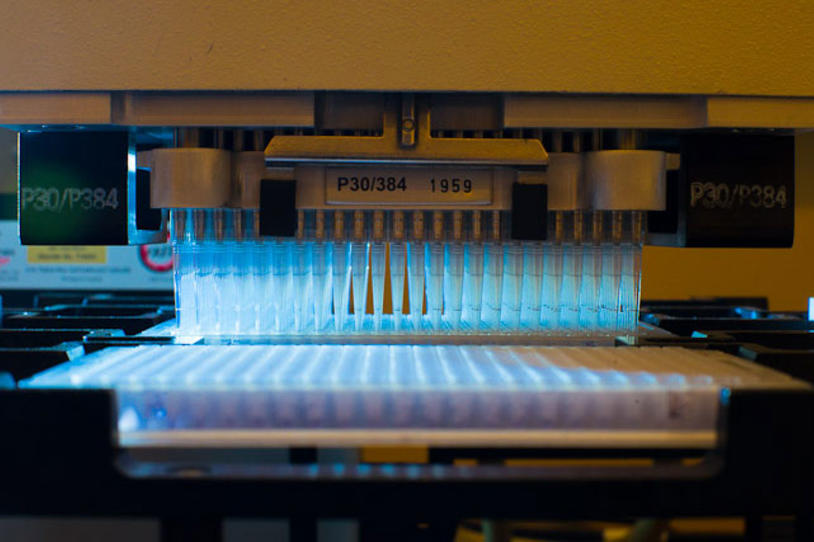
Parkin is a gene that has been implicated in less than one percent of cases of Parkinson’s disease (PD). But like other genetic factors related to PD such as LRRK2 and alpha-synuclein, the role it could play in PD therapeutic development might turn out to be far greater than this statistic suggests.
Last week, scientists from McGill University announced that they had discovered the three-dimensional structure of the protein encoded by the Parkin gene. This new structural information could help the field to better understand Parkin’s normal function in the body, and how it might dysfunction when people with a mutation in the gene develop PD.
Over the past few years, researchers have started to piece together Parkin’s function in a human cell, but it remains to be seen if the McGill discovery will serve to solidify these emerging ideas. Scientists believe that Parkin may work as a sort of “watchdog” for mitochondria, the part of the cell that’s responsible for converting energy into usable forms. It’s believed that Parkin can detect, and then clear out, damaged mitochondria. In PD cases associated with a mutation in Parkin, scientists think that the gene is under-functioning, and not clearing as much of this poisoned mitochondria from the cell. Somehow, they hypothesize, this could lead to the onset of Parkinson’s.
For this reason, drug companies are already at work to see if existing drugs in their vast libraries might serve to enhance Parkin’s activity. This is where The Michael J. Fox Foundation (MJFF) has linked up with the team from McGill. In a follow-on study from this structural analysis of Parkin, MJFF is supporting co-principal investigators Edward Fon, MD, and Kalle Gehring, PhD, to develop a laboratory tool called an assay, which they hope Big Pharma could use to enhance this long, wide-reaching screening process.
MJFF is becoming increasingly invested in Parkin-targeted research in its own right. Just this past week, the Foundation announced a funding program to learn more about the biology of the gene, and to find therapeutics that target the mutated, underactive protein.
“The Foundation is devoted to better understanding the genetic causes of Parkinson’s, because the ramifications for doing so could extend to the 95 percent of PD patients who don’t have a genetic form of the disease,” explains Marco Baptista, PhD, associate director of research programs at MJFF.
“It’s likely that the biological processes at work in genetic and idiopathic PD are similar. And the more we know about what’s actually going wrong in the body during PD, across populations, the better chance scientists have to devise new hypotheses as to how to fix it.”